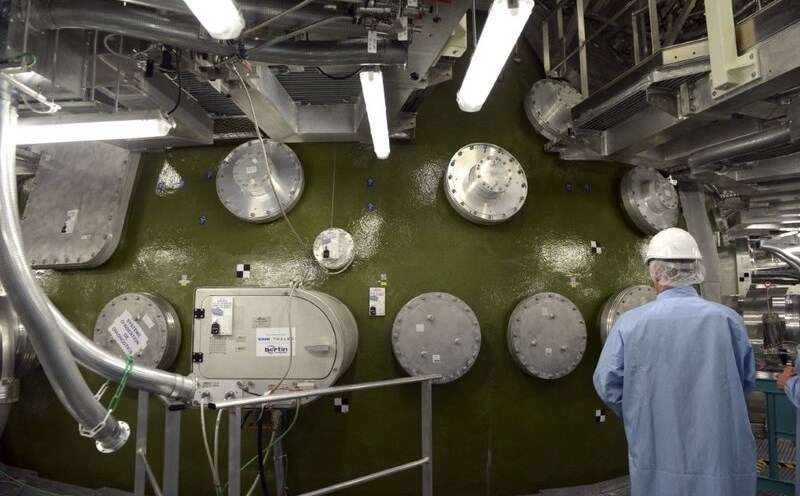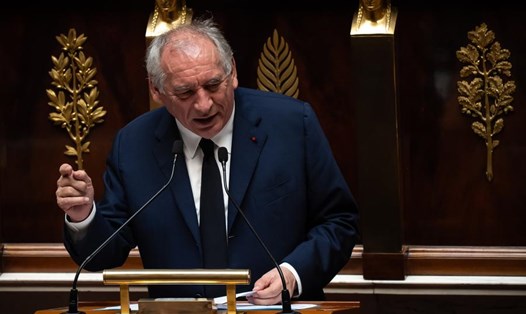In Paris, police fired pepper spray at young protests trying to block the entrance to a high school, while firefighters were forced to quickly move burning objects.
Police said they blocked a large group of about 1,000 protesers from entering the Gare du Nord train station in the city and arrested about 200 people.
In the western city of Nantes, protests blocked a highway by burning tires and trash bins. The police used pepper to disperse those who were trying to occupy a roundabout.
In Montpellier, southwest, police clashed with demonstrators setting up barriers to block traffic in a roundabout.
Police also used spicy air to disperse the demonstrators, some throwing various objects at the authorities, while others held banners calling on French President Emmanuel Macron to resign.
Home Secretary Bruno Retailleau warned that the marches were meled by extreme and far-left groups and the level of violence would become more serious.
The protest, which was largely driven by calls spread on Telegram and social media from opposition groups in the government, was named Spreading Everything.
Proponents have called for the blockade of the Paris belt, Europe's busiest urban expressway with 1.2 million vehicles per day, and even the sabotage of power at several metro stations and terminals.
The movement has been fueled by inflation anger and what many see as a disruptive political class, institutional stalemates and released tightening measures.
In this situation, the French government has made efforts to deploy 80,000 police officers, fearing that the number of participants could reach 100,000.









